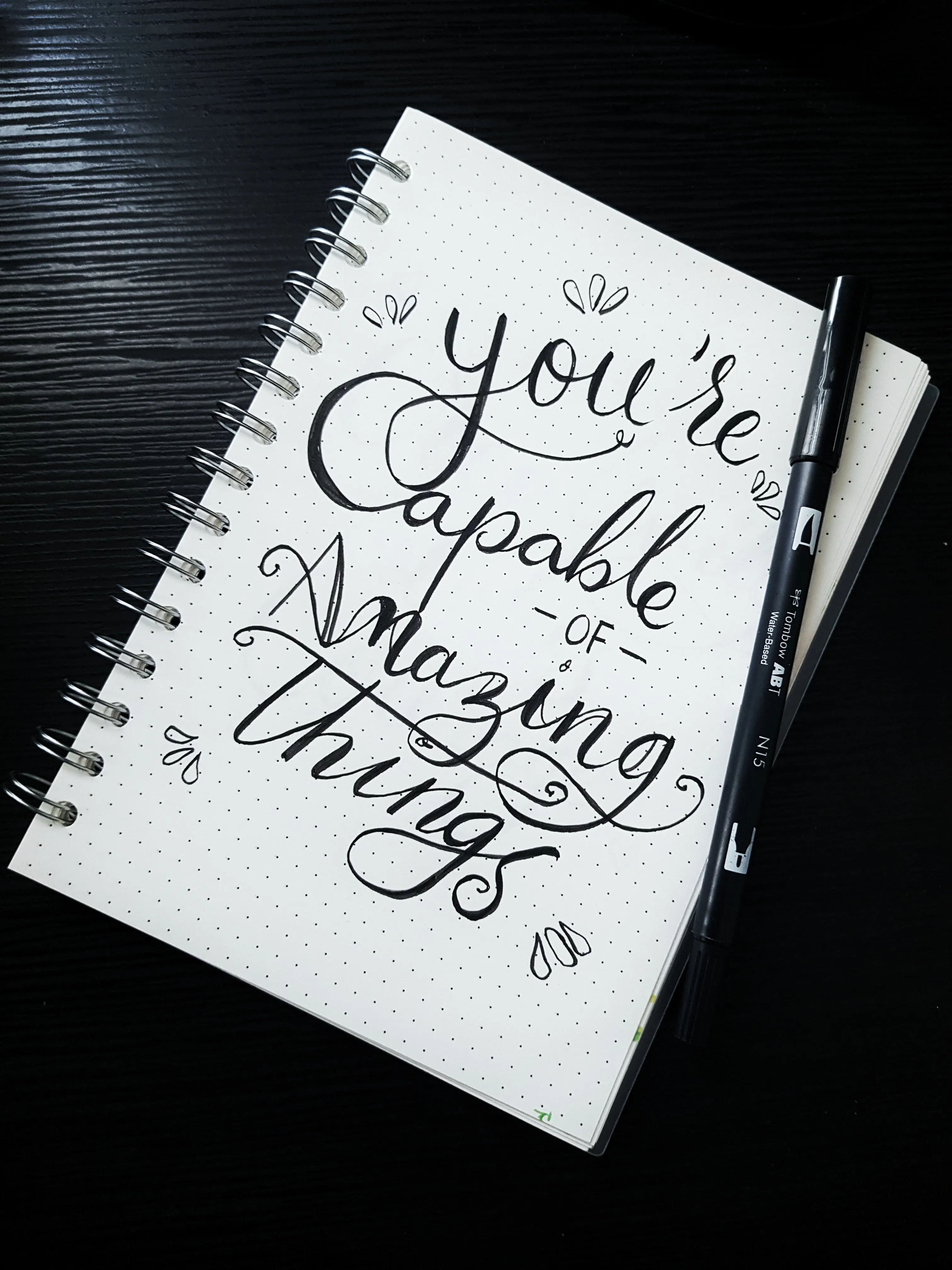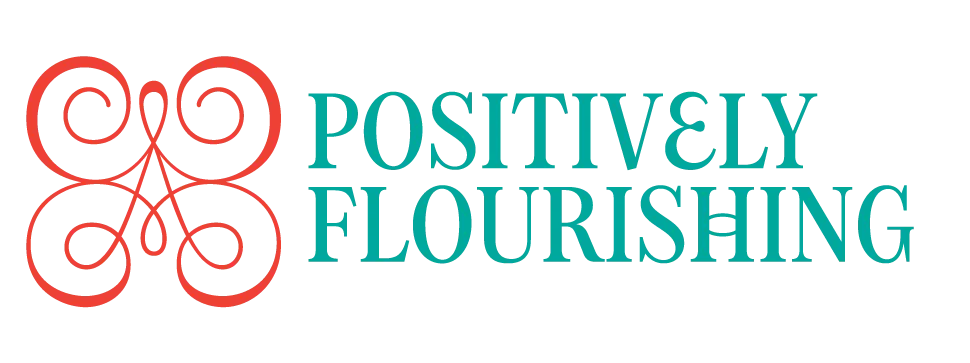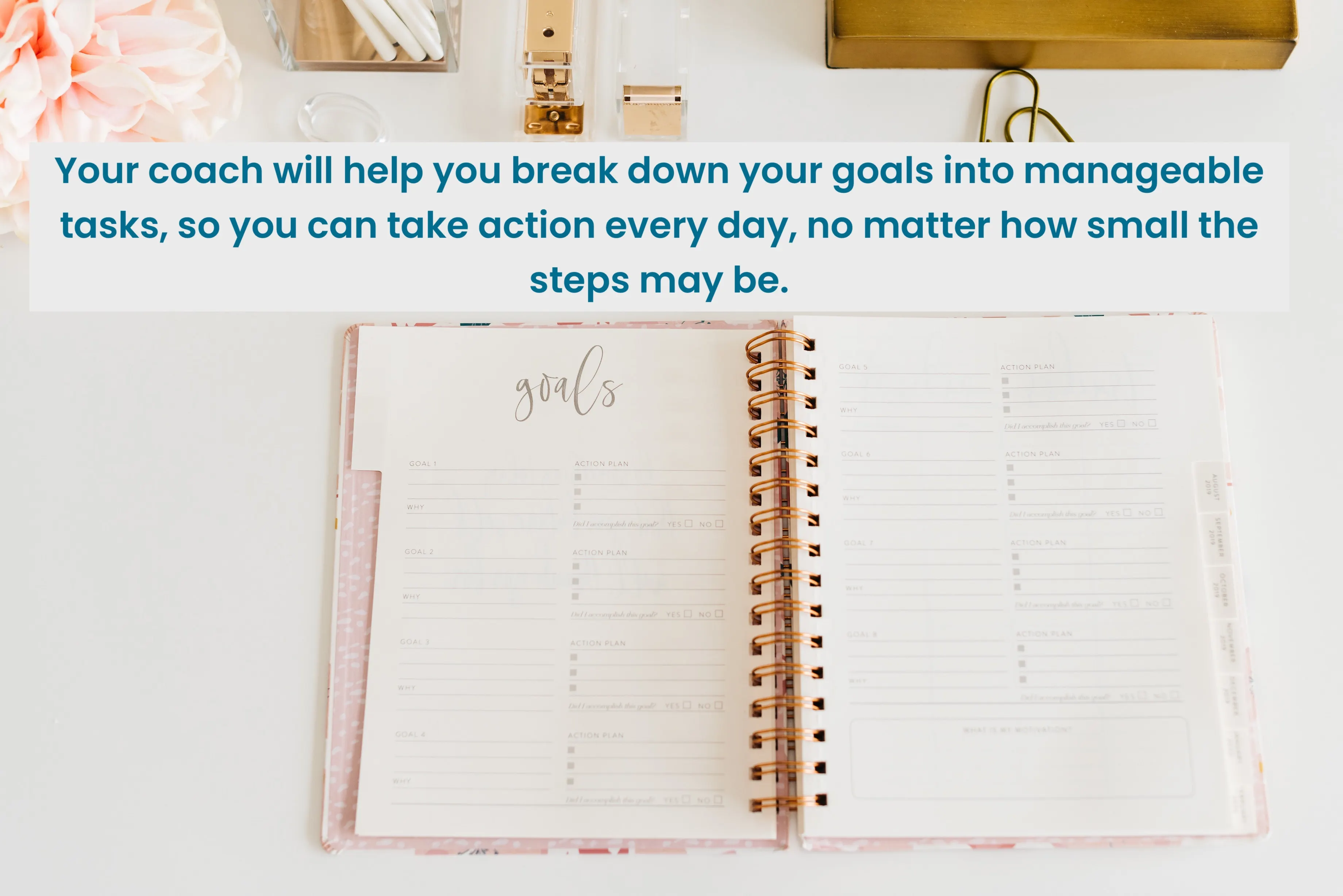IMPOSTER SYNDROME
WHAT IS IMPOSTER SYNDROME?
Imposter syndrome is a psychological pattern where we doubt our own accomplishments. Research suggests that most of us suffer from this through our lives, so we are definitely not alone! Instead of feeling justifiably proud of what we have achieved, we fear someone will find out we aren't really as 'good' at something as we appear. This is despite the fact there is plenty of evidence (and probably witnesses) for our achievements.
It often shows itself as a belief that our success is due to luck or external factors, rather than our own abilities. While it can encourage us to keep achieving more, it can also lead to feelings of inadequacy and anxiety. Added to this, the achievements we get when we are driven by imposter syndrome are never enough to get rid of these doubts. Ultimately, it just adds to our sense of inadequacy and self-doubt because we don't credit ourselves fully for what we've done.

In my own experience, being a straight A student, getting my degree, postgraduate certificates, a masters, having 3 healthily-developing kids, and a happy marriage wasn't enough to make me feel like I was enough. I used to think all I had was due to luck and one day someone was going to see right through me to the not-so-intelligent incompetent mum with with a long-suffering husband and call me out. How mean was that gremlin in my head! Labelling my imposter syndrome was the first step to reducing it (because it can occasionally raise its ugly head if I allow it to, especially when I'm burned out or hormonal). In my work on diversity, equity, inclusion, and justice, I also realised that being Brown in a White world had allowed that gremlin to tell me I wasn't good enough because I had no role models that looked like me. Looking back, I can see clear moments where my achievements surprised people because they just didn't have high expectations of a Brown girl from a council estate. I internalised that surprise and the gremlin translated my success into 'You're not supposed to be here. You don't belong. You'd better work hard to ensure others don't find out.'

Does any of this resonate? If so, let me share some tips I used to overcome that self-doubt.
Admit it. It's perfectly normal to feel like an imposter, so don't try to ignore it. Acknowledge it and move on.
Understand the root cause. Why do you feel you don't belong? Why do you think you're an imposter? Is it because you're scared of failing? Or because you think you don't deserve success? Maybe it's because of well-known social barriers such as sexism, or racism telling you you're not good enough? Get to the bottom of it and then blast those beliefs away!
Fact check, please. When you're feeling like a fraud, focus on the positive facts. You got that position because someone else saw something in you. They're not stupid or fooled - they're insightful. Could it be that really you're just awesome, not because of some fluke or mistake?
Is this belief useful? Ask yourself if feeling like an imposter is helping or hurting you. Is this what you want? What kind of person do you want to be? And if it's not helping, then why are you doing it?
Reframe your thoughts. Instead of putting yourself down, give yourself some credit and enjoy your success.
Celebrate your accomplishments and remind yourself that it's okay to make mistakes. Failure is the new success. Making mistakes is a natural part of life, so don't be afraid of it. You wouldn't say the mean things to someone else that you say to yourself in your head. Don't you deserve as much kindness? When you do make blunders, learn from them and move on.
Call a friend. When you're feeling like a fraud, reach out to a mentor, coach, or even a colleague for support.
Make success inevitable. Instead of setting impossibly high standards, set smaller goals so you can enjoy the process.
Just do it. Remind yourself there will never be the “perfect time.” Accept that we all have to start somewhere and now is as good a time as any other.
Don't let imposter syndrome make you feel like you're not good enough. Remember, you're human, and that's perfectly okay! Instead of doubting yourself, take the above steps to build your self-esteem and self-worth. It will be a lifelong journey but you can minimise that gremlin and learn to accept your achievements as real.
I'm awesome; you're awesome; let's own it.

